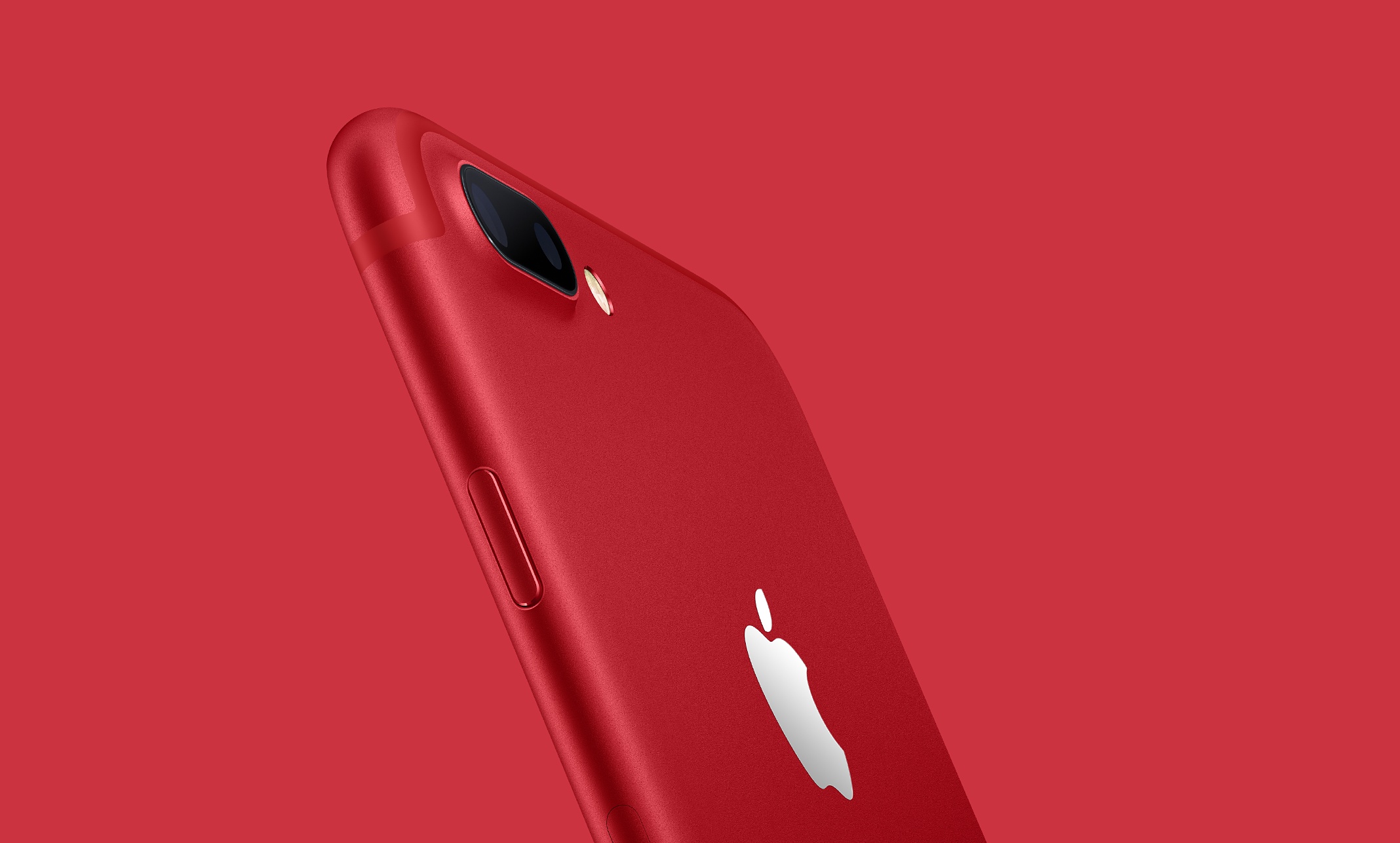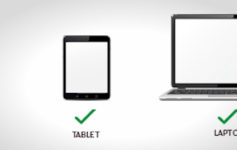The USA has blocked electronic devices larger than mobile phones onboard flights from eight nations to the USA. Now the UK will also join the bandwagon. Here’s why the new electronics ban is a beautiful political ploy but poor public policy.
Let’s start with the admission that the new electronics ban is not due to any specific intelligence or threat. Rather, it is due to potential airport security gaps that the Trump Administration discerned occur only in the Middle East and Northern Africa. As Tiffany points out, interesting that the electronics ban does not include the chaotic Murtala Muhammed International Airport in Lagos. Other airports with questionable security like Caracas, Delhi, and Mumbai are also not included. Could it be because U.S. carriers serve those airports?
Here’s why I think this political genius: this ban is virtually untouchable by courts and achieves a similar aim as the two previous overturned bans. True, this one just inconveniences rather than blocks travelers of certain nationalities, but when enough barriers to entry are erected, the result is the same: less visitors to the USA. I don’t think that keeping certain people out of the USA was the reason for the ban: but it is a welcome byproduct.
Is Protectionism Behind This Latest “Security” Measure?
I took the President at his word when during an airline roundtable at the White House earlier this year he stated—
I know you’re under pressure from a lot of foreign elements and foreign carriers. I’ve been hearing that a little bit. At the same time, we want to make life good for them also. They come with big investments. In many cases investments are made by their governments, but they are still big investments.
Now I am doubtful.
U.S. carriers and the interest groups that back them are undoubtedly rejoicing over this latest ban. Who wants to travel via Istanbul or Dubai to the USA when you cannot have your laptop onboard? While leisure travelers may be indifferent, the high-value business travelers will not forgo their laptops. Especially, when placing pricey electronic devices in checked baggage greatly increases the risk of theft.
So while Emirates Fifth Freedom Routes from Dubai to New York via Milan and Athens are exempt, carriers like Qatar, Etihad, and Turkish will now face an incredible competitive disadvantage. Isn’t it ironic that the ban applies even to flights out of Abu Dhabi, which has U.S. Pre-Clearance? Speaking of the UAE, even the UK ban does not apply to it.
While not “subsidies”, the new measure constitutes government action that takes a side in a commercial battle between carriers under the guise of national security. By exempting U.S. carriers explicitly and through selectively choosing impacted airports, U.S. airlines suddenly become much more appealing. It is a subsidy by a different name, a non-tariff trade barrier.
Again, I don’t think this was the point of the ban, but it was a welcomed byproduct that will lessen calls to dissolve the Open Skies Agreement.
Why the Electronics Ban is Poor Public Policy
Over the years, I have consistently maintained this position: security theatre does not make us safer. I do not dispute that the U.S. has uncovered some intelligence suggesting terrorists are experimenting with bombs concealed in laptop batteries. But I absolutely dispute the response.
If the concern is the danger of electronic devices, aren’t mobile phones the most lethal? After all, with in-flight wi-fi they can act as mini remote detonators. How does a camera or laptop represent a threat but not a mobile phone? Wouldn’t a less draconian policy be simply requiring electronics be re-screened at the gate? What about Lagos, Cape Verde, Dakar, and Tashkent? What about the many connecting options to the USA?
Empower the Public Instead of Scaring Them
I see neither logic or even good intent behind this action. Since U.S. policymakers have been unable to articulate why other than a generalized fear, I see bad intent. News outlets are suggesting that Al-Qaeda chatter has been intercepted concerning a laptop bomb. If this is the case, what purpose would it serve for the US and British governments to hold this information back? By making the entire traveling public more vigilant to those around them, security is strengthened. Was it a screening device or passengers who stopped Richard Reid from blowing up an AA flight? Alert the public to the viable threat. We, the people, are far more effective than moving the bomb from the passenger cabin to the cargo hold…
Three reasons why this new rule is poor public policy. First, it negatively impacts the economy by discouraging business and commerce in the USA. Second, it negatively impacts thousands of Americans and British who travel every day out of the targeted cities. Third, the selection of counties sends an inconsistent message that leads to reasonable speculation about ulterior motives.
View from the Wing also offers commentary that I fully agree with (and more here).

CONCLUSON
Because I do not see any validly articulated safety concern behind this measure (and U.S. policymakers have admitted no specific threats), I discount this policy as shortsighted, tacitly protectionist, and illogical. But it is not illegal and impacted carriers are already complying. I was strongly considering a Kuwait Airways trip in a few weeks as well as a visit to Abu Dhabi. The trip is cancelled. My brother just opted to book Lufthansa instead of Turkish on his Easter trip home. This policy is already having a disastrous economic effect on the impacted carriers when a far less obtrusive means is available to screen electronic devices. It is called a gate inspection.




What is questionable about Delhi and Mumbai security?
Many more points you are stopped and checked there than other global airports.
Agreed. The international terminals there are state of the art. And no, I’m not Indian or even South Asian
The terminals themselves are beautiful, particularly Mumbai. But I encountered airport security six times in India last year and noted that security is actually quite lax despite all the pomp and circumstance like the passport/ticket checks as you enter and the exit checks.
Luggage screenings is quite relaxed. For example, carried on two bottles of wine as carry-on when supposedly there is a 100ML limit. Never even bothered to take laptop or liquids out of bag.
So now your a security expert ? As someone that has been there done and carries the scars of national security I think you should do the right thing and take this down
What is a security expert? Do you want to have a credentials pissing match? I wrote this piece because I felt it was the right thing to do, not because I was looking for consensus.
I’m reading that the UK is instituting the ban on flights coming from the middle east to the UK- on British Airways, in addition to the other carriers. Kind of tanks the conspiracy theories, in my opinion.
Why would U.S. carriers be specifically exempted from the ban? Why is the UAE part of the U.S. ban?
With all due respect, Matthew, everyone peddling these “it’s a backdoor Muslim ban” and “it’s backdoor protectionist trade policy” conspiracy theories needs to knock it off. First, that’s a serious allegation to level in the absence of any objective evidence. And sorry, but “it makes no sense so it must be protectionist policy and a Muslim ban by another name” is neither evidence, nor does it make your assertion that these are backdoor subsidies a “fact” as you claim. Second, are we seriously to believe that the administration a) conspired with the domestic airlines to levy retaliatory policy against the ME3 and THEN b) also conspired with the UK government to enact a similar ban to make it appear as though it wasn’t? I like a good conspiracy theory as much as anybody, but that’s absurd.
If I may offer a piece of friendly advice. Stick to analyzing why the electronics ban is bad policy and likely to be ineffective, which you’ve done a good job explaining. Leave the unhinged conspiracies to Breitbart and the Daily Kos.
I appreciate you chiming in and of course respect your opinion.
Subsidies comes from the Latin word subsidium, meaning ‘assistance’. In that section, I was not talking about whether the subsidies were deliberate, merely that the effect of this policy was a subsidy to U.S. carriers.
My “conspiracy theory” is not that the US explicitly colluded with any domestic airlines or the UK government to protect industry or ban Muslims. What I do think is that the administration saw a way to achieve a certain policy objective in a way that would withstand court scrutiny.
I don’t read Breitbart or the Daily Kos. I don’t own a TV. But here’s what I know. 1.) The threat was not specific. 2.) It exempts U.S. carriers 3.) it leaves off other nations that should be implicated 4.) it leaves open a connecting flight problem and 4.) includes the UAE. If the British and Americans were examining the same intelligence, why that difference?
I think so far we have a consensus sticky to what you think you know. I am sorry but this post is beyond as others that have responded. As a member of the bar really ?
Those are all valid points; however, there are three plausible outcomes that can explain why the ban was put in place. It could have been based on specific intelligence that DHS is choosing not to share with the public. It’s possible, as you opine, that the administration really did think they could outsmart everybody by instituting their policies through an electronics ban. It could just be good old fashioned incompetence in implementation (which is what I suspect). Or some combination of the three.
My point is, at this juncture, we don’t have enough actual evidence to pick one over the other. I am of course more than happy to change my mind as more facts dribble out. But I do still think it’s far too premature to assume that the administration is trying to make backdoor policy, which sounds conspiratorial at this stage. (And I do owe you an apology for using the word “unhinged”. I meant that as an analogy and not a suggestion that you deal in those kinds of theories personally.)
Now I’ll go away and let this rest, I promise 🙂
YES, YOU ARE AN IDIOT.
http://www.msn.com/en-us/news/us/yemen-raid-led-to-laptop-ban/ar-BByyP8Q?li=BBnb7Kz&ocid=U305DHP
Hmm, unnamed sources that provide perfect cover for the horribly executed Obama/Trump Yemen raid that destroyed two American lives and innocent civilians?
But let’s assume, for a moment, the report is real.
I assume this is your key point–
Information from the raid shows al Qaeda’s successful development of compact, battery bombs that fit inside laptops or other devices believed to be strong enough to bring down an aircraft, the sources said. The battery bombs would need to be manually triggered, a source explained, which is why the electronics ban is only for the aircraft cabin not checked luggage.
A few thoughts. First, why not check laptops at gates with an Explosives Trace Detector (ETD)? Second, what’s to stop a would-be terrorist from easily connecting via another European city. Third, why are terrorism experts noting that remote-controlled I.E.D can bring down a plane from the baggage hold.
So you’re telling me that its okay if a bomb is in the cargo hold because it likely/probably has to to be triggered by hand? That’s insane. If the threat is credible, you check every laptop carefully. The principle of Hadley V. Baxendale might apply even with this ban if a laptop just blows up in the cargo hold instead and the plane still goes down…
Since many are choosing to call disagreement with these policies “unhinged conspiracies” and the like, a summary of the relevant issues with these policies may be helpful. Perhaps the defenders can respond?
1. inclusion by the US of AUH & DXB when the UK chose not to
2. increased risk of fire and theft by moving laptops & tablets to cargo hold
3. no reduction in terrorist risk since the electronics are still on board
4. ability of bad actors to simply connect through European hubs with carry on electronics
Thank you. And let me anticipate a potential rebuttal to #4 and dismiss it now. We usually hear something like, “Well, this is better than nothing. It’s progress and makes anything more difficult and likely to fail.”
To that, I argue that everything in life is a cost/benefit analysis. Perfect or near-perfect security is possible in a police state. But who wants that? Yes, we can ban all carry-ons and checked bags and the risk of the plane blowing up by IED will drop to near zero. But what do we give up? The ability to work onboard, transport our clothing, and live our lives…
This is terrorism at its best, if I can use the term. It seeks not just to destroy lives but to fundamentally change the way we live our lives and foster fear and division. It is working exactly according to plan.
Do you think that the affected carriers will adjust pricing in an attempt to compensate for the inconvenience?
They will be forced to. You are not flying Turk Hava Yollari because of this. We are skipping the Kuwait Airlines adventure. This will hurt carriers. I am not stepping on a longhaul flight without my laptop.
You guys forget about who the real victims are. Travel blogers will now have to fly through India or Uzbekistan instead of Dubai or Doha if they want to continue to “work” on board.
You’re acting as if no terrorists have taken down an airplane full of civilians with a bomb in recent years.
And what are “we, the people” going to do about a crazy person with a bomb that looks like a computer. Before you realize anything, it’s too late.
It’s not just the US but the UK who instituted the ban..
It’s kind of ironic this post came out the day before there was a terrorist act in London.
There are real enemies out there, and they are intentionally, not incidentally, looking to kill civilians. And in the last few years thousands of them went to the Middle East to try to participate in their alleged prophesied war.
US carriers do indeed serve some of the Middle Eastern airports mentioned. Delta flies from Kuwait to the US, and American Airlines from Dubai to the US.
They actually do not. American never flew to Kuwait (United did, but abandoned the route last year). United and Delta also abandoned their Dubai routes.